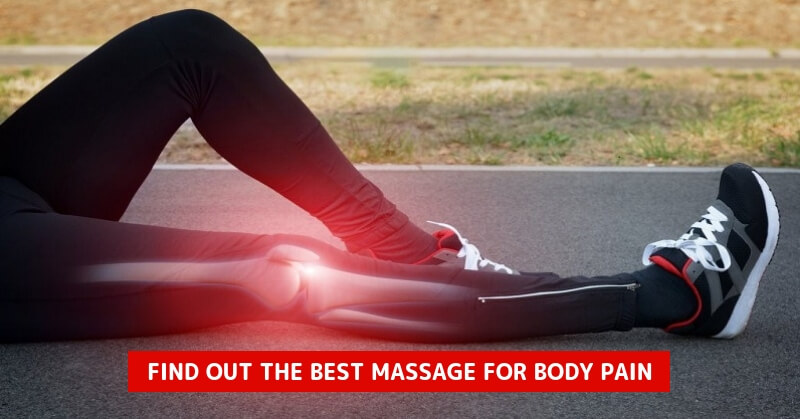Its spring and you are out running and enjoying the sun and physical activity.
Maybe its winter and you like to run outside or even indoors. Let’s talk about how to minimize aches and pains, recover faster and enjoy more and better running.
Impact and Alignment
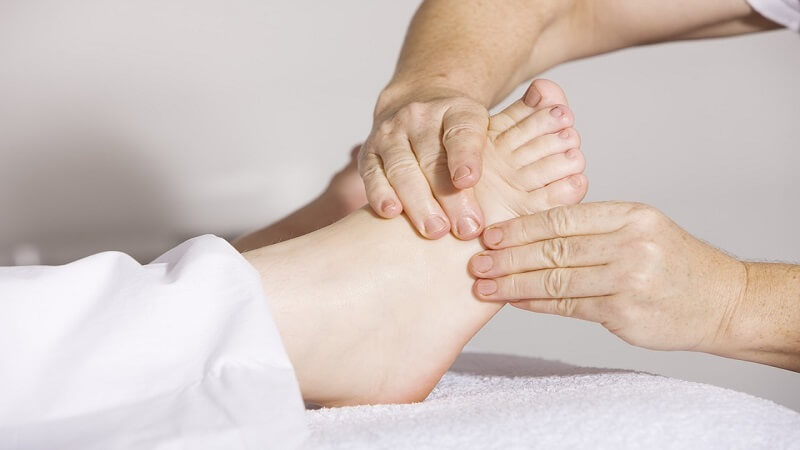
Every footfall sends impact forces through your body.
How well you are aligned will dictate how many and how severe those post-workout “hot spots” will be. Starting with the feet, we need to consider running style and footwear.
What style or technique do you use?
Forefoot?
Mid-foot?
Heel-toe?
This article won’t suggest a particular technique, as there are many and different people have different preferences, however, if you have never considered that running might involve technique and have never looked into it, it may be time to check it out.
There are many styles out there to choose from, all with pros and cons; find out what works for you.
Tissue Health
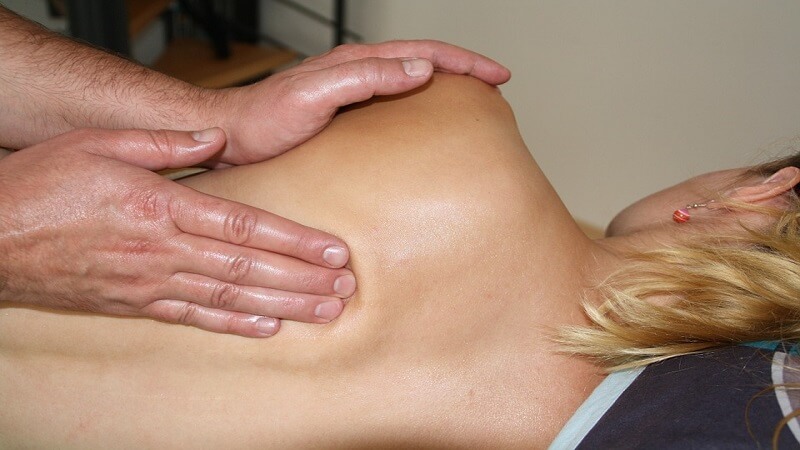
Unhealthy tissues don’t work correctly!
Areas of tension due to either short, tight muscle or from “knots” produce conditions of poor blood flow which is an environment of poor nutrition and waste removal. This leads to muscle inhibition and weakness.
Tendon, ligament, and joint structures likewise require a healthy environment.
Things you can do include stretching and self-massage with rollers and balls.
One of my friends is a pro runner, and he bought a massage chair to help him relax and to have some degree of deep tissue massage without going to a therapist.
You have to do your research on the topic of massage chairs, but he bought Infinity-it-8500 chair after reading the massage chair review here: healthnerdy.com/infinity-it-8500-massage-chair-review.
In severe cases, see your massage or athletic therapist or acupuncturist!
Inflammation also plays a role. All those “hot spots” are precisely that – inflammation.
Try cold water therapy post workout.
Check your diet.
Your naturopath can help you to not only reduce systemic inflammation through diet but can also set up the ideal nutritional environment for your body to build and recover tissue as well as increase energy.
Footwear: to support or not to support?
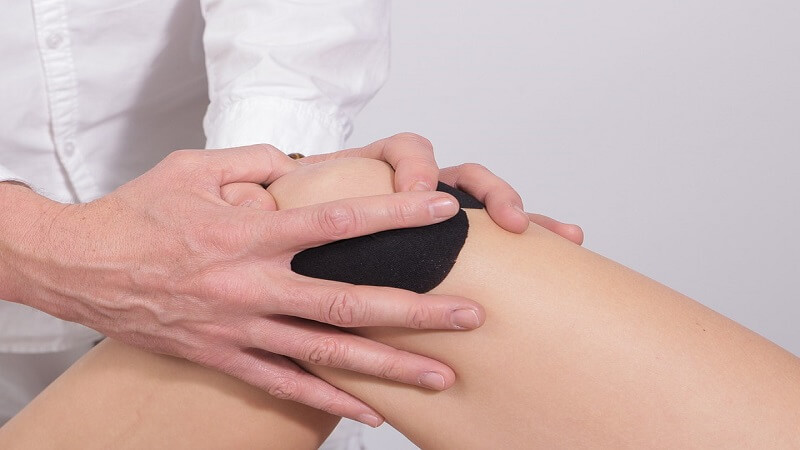
There is currently a shift in thinking towards less support as the evidence seems to suggest that less is better.
However, if you have swaddled your feet in supporting shoes throughout your life, it is essential to be very careful transitioning to a reliance on your foot musculature, especially if you are new to running.
Also, some people who have less than ideally aligned feet may require orthotics or other special considerations and may need professional guidance in learning to minimize footwear support.
If you are experiencing foot, ankle, knee, hip, or low back pain, it may be worth your while to seek an assessment of your foot mechanics.
Hip Health: If your feet are okay, take a look at your hips.
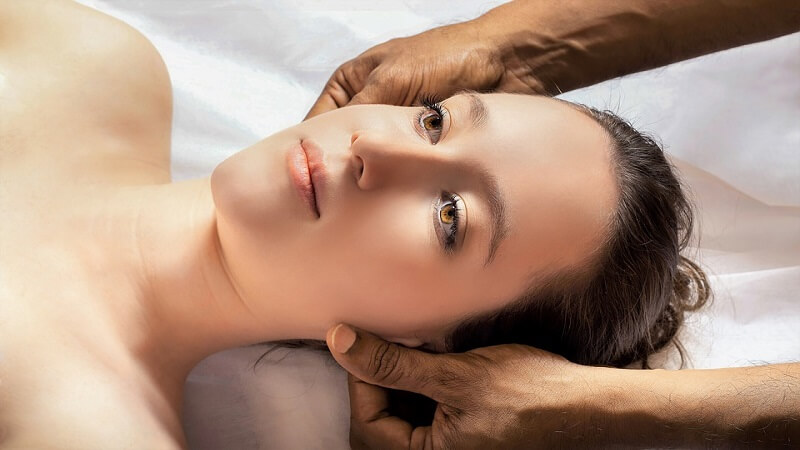
The hip joint is a remarkably loose and stable joint. However, in our culture, it has generally been abused and mistreated by chronic extended periods of sitting in chairs.
This can lead to short, tight muscles, especially the hip flexors and hamstrings. In the non-Western world where people tend to squat or kneel at ground level without chairs, hip and low back problems are much less prevalent.
Now imagine what it is like for your hips: If you don’t think regularly squat or lunge to take your hips through their full range under load and with stability and balance, you probably don’t have a fully functional hip.
Now take those hips through the repetitive short stroke of a runner’s gait, add mileage and impact and don’t be surprised if you develop hip, knee, or back problems.
Poor hip function and control leads to poor alignment throughout the entire body, especially at the knee and low back.
How can we take care of this problem?
Learn to squat! Ideally, work up to one-legged balanced variants of the squat and lunge with control and correct alignment through the full range. This will develop a hip that can stay in alignment during your running sessions.
Check your muscle length. Short muscles compress joints and send body parts off alignment in odd ways contributing to friction and poor loading angles.
Not sure how to squat? How to interpret muscle length or stretch short muscles?
Try consulting your athletic or massage therapist.
Recovery
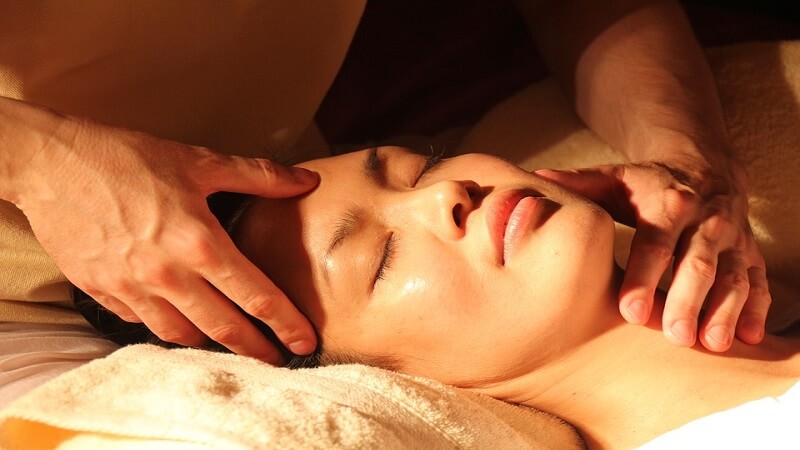
Finally, don’t overdo it! No workout session is indeed over until the body has rebuilt itself. Training again before this occurs is counterproductive.
Try to get more with less. Reduce mileage and deepen the experience by working mindfully on your pacing and that new technique you’ve decided to learn.
Consider interval training some of the time. Interval training consists of much more intense bursts of running followed by rest periods.
This can reduce your mileage while maintaining a training stimulus. And don’t forget good food, good sleep, and a good massage! Follow these top habits to increase the quality of life.


